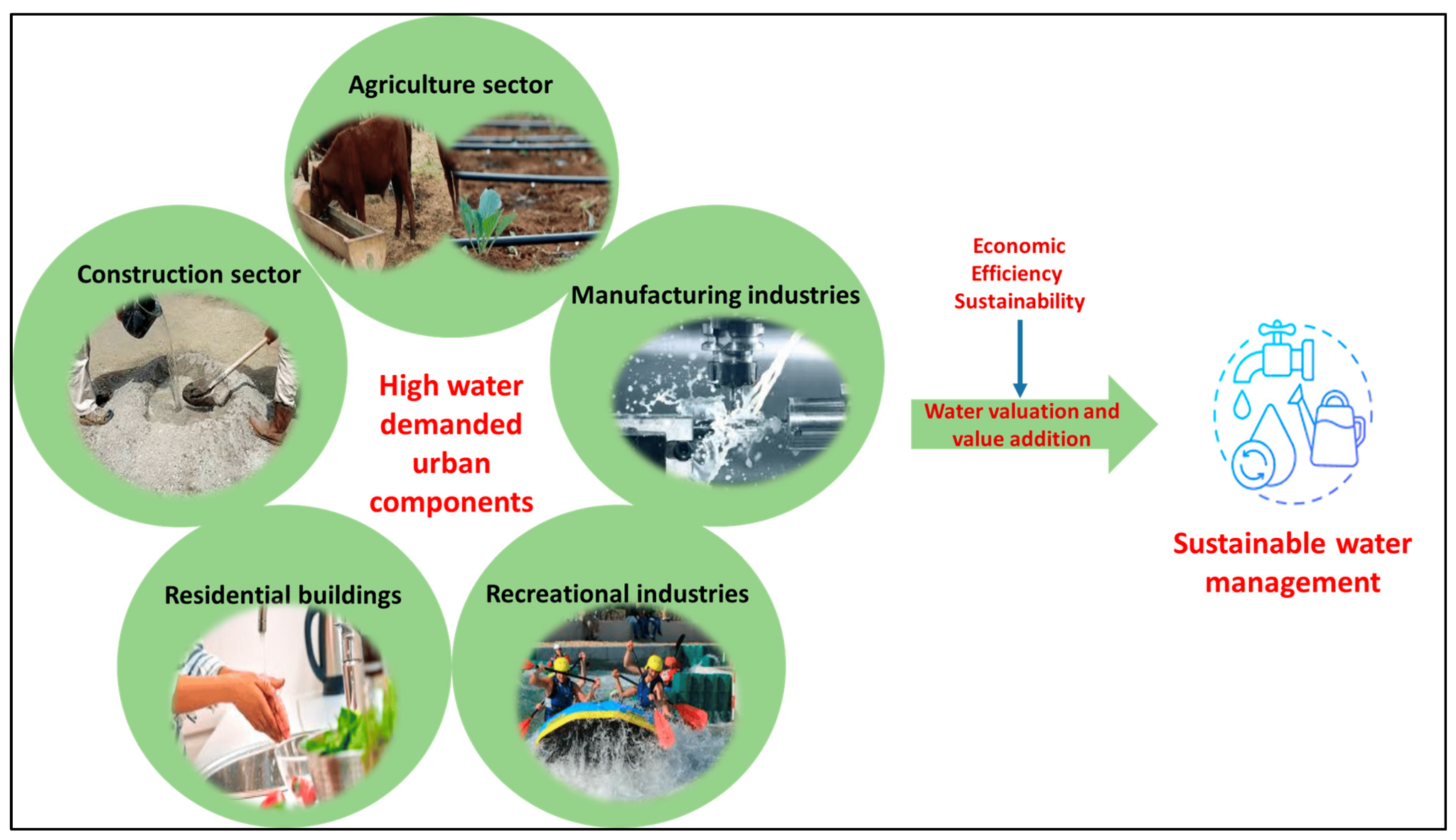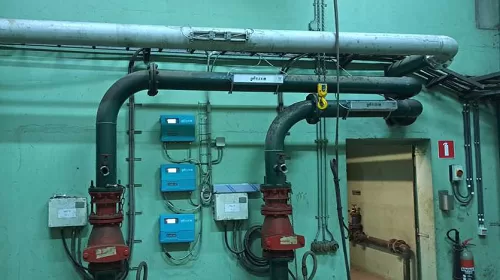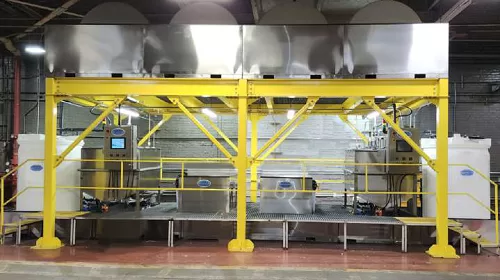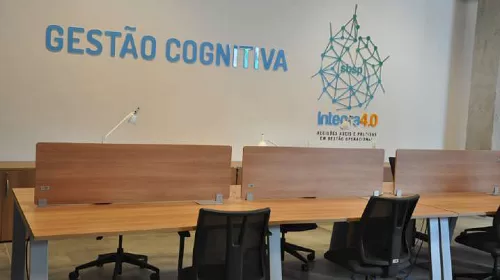Introduction:
India’s population is projected to surpass 1.7 billion by 2050, putting immense pressure on the available water resources. Amid India’s burgeoning urbanization and the escalating water crisis, there’s a critical need for transformative solutions to ensure sustainable water management in India cities.
The Urgency of Water Conservation in Urban Areas
Urban India is witnessing a relentless surge in population. The top 24 cities have a population of approx. 98.4 million with an estimated 8 million apartments. With job opportunities increasingly concentrated in these cities and with the resultant migration, this is leading to an unprecedented pressure on water resources to meet the demand. Depleted borewells and inability of the municipal water systems to meet this demand increases reliance on costly private tanker water, priced between INR 1030-00 per kl in various cities. There is therefore an urgent need for establishing an emotional connect between citizens and water consumption and the best way to do this is through reliable measurement and volumetric pricing. As this article will show, measurement and pricing are levers to signal the importance of water as a resource, leading to conservation.
The Link Between Water Measured and Water Saved
One of the key paradigms in water management is the direct correlation between measuring water consumption and saving water. The implementation of water metering systems allows for accurate measurement of usage, leading to heightened awareness among residents about their consumption patterns. Studies have shown that in areas with water metering, there is a notable decrease of up to 35% in water wastage, highlighting the efficacy of this approach in promoting conscious water use.
Lessons from Electricity Bills – Paying for What You Use
Drawing inspiration from electricity billing models, where consumers pay only for the energy they consume, water metering aims to instill a similar ethos in the realm of water consumption. This shift towards fair billing policies aligns with the principles of sustainability and encourages individuals to consider the environmental impact of their water usage.
The Residential Segment [Apartments + Villa Communities] – A Crucial Player in Water Conservation
Residential areas, often the largest consumers of water in urban landscapes, stand at the forefront of the battle against water scarcity. The integration of water metering systems in residential complexes offers a powerful tool for promoting responsible water use and fostering behavioral change.
Fair Water Billing: Why Equal Distribution Falls Short?
Residential Welfare Associations (RWAs) employ the general practice of equal distribution, where the total cost of water services is divided uniformly among all residents, regardless of individual consumption. This has been criticized for its inherent unfairness.
Equal distribution of water charges lacks granularity and fails to reflect the actual water usage patterns of individual households.
Benefits of Fair Billing Policies for RWAs
Fair billing policies, based on actual water consumption, ensure that residents pay for the water they use, creating a transparent and equitable system. This not only encourages individual responsibility but also establishes a collective commitment to sustainable water practices.
Associating Water Bills with Conscious Consumption
Water metering extends beyond mere measurement; it serves as an agent of behavioral change. By associating water bills with conscious consumption, residents are prompted to reflect on their water use patterns, leading to a more conscientious approach towards this finite resource.
Moreover, metered billing promotes conservation through price signaling on actual consumption.
Leak Detection and Control: An added benefit
The integration of smart technologies, including sensors and analytics, has revolutionized leak detection in water distribution systems. Automated systems can identify abnormal water flow patterns, allowing for swift identification and repair of leaks. This proactive approach significantly minimizes water loss, contributing to the overall sustainability of urban water supplies.
By preventing and swiftly addressing leaks, water metering systems contribute directly to quantifiable water savings.
Challenges for installation of water meters in apartments/villa communities
While the benefits of water metering are substantial, challenges exist that require strategic solutions to ensure widespread adoption and success.
- Infrastructure Upgradation and Financial Considerations
Upgrading existing infrastructure to accommodate water metering systems might pose challenges. However, the long-term benefits, including reduced water wastage and improved distribution efficiency, outweigh the initial investment.
- Promoting Public Awareness and Acceptance
Public awareness and acceptance are crucial for the success of water metering initiatives. Community engagement, educational programs, and transparent communication about the benefits of fair billing policies and water conservation can address potential resistance and foster acceptance.
Way Forward
- RWAs to encourage residents to adopt payment for water use based on actual consumption.
- Progressive residential developers to implement IoT based water metering as part of the building design.
- Governments to create an enabling framework for adoption of sub metering in apartment communities and adopt in a wide scale IoT based metering systems in urban areas.
Case Study
Abstract: This case study delves into the transformative journey of a 192-flat apartment complex located on Sarjapur Road, Bengaluru, facing severe water scarcity challenges. Through the implementation of an innovative water metering system – WaterOn by SmarterHomes, the society not only overcame water shortages but also achieved remarkable efficiency in consumption. This solution not only benefited the residents by offering accurate billing but also contributed to a significant reduction in water usage.
In 2020, the apartment complex confronted a critical water crisis with five out of six borewells running dry and a diminishing yield from the last functioning borewell. This prompted the community to explore alternative water management strategies, ultimately leading to the installation of individual water meters for each flat.
Challenges Faced:
- Dependence on borewells and water tankers.
- Diminishing yield from the last functioning borewell.
- Excessive water bills due to tanker reliance.
The Solution: To address these challenges, the society opted for a comprehensive approach by installing 192 water meters, providing the following key benefits:
- Individual Billing: Residents are now billed based on the actual water consumption of their households.
- Conscious Water Usage: Meter readings promote awareness, encouraging residents to use water more efficiently.
- Volumetric Pricing: Introducing a tiered pricing system incentivizes reduced water consumption.
Implementation and Technology: The implemented solution included:
- Installation of 192 water meters.
- Real-time monitoring and control through a dedicated software and smartphone app.
- Detection of leaks or abnormal consumption to prevent water wastage.
- Comprehensive coverage, including the cost of meters, installation, billing services, software, and the smartphone app.
Value Delivered:
- Accuracy: Residents receive accurate readings of their water usage.
- Efficiency: Real-time monitoring and control contribute to efficient water management.
- Prevention: Detection of leaks or abnormal consumption to avoid water wastage.
- Cost Coverage: The entire solution, including meters, installation, and software, is a complete package.
- User Empowerment: Smartphone app-based control, allowing residents to remotely manage water supply to their homes.
- Result: A remarkable 35% reduction in water consumption.
The successful implementation of the water metering system in the Bengaluru apartment complex serves as a beacon for sustainable water management practices. This case study not only highlights the technical aspects of the solution but also emphasizes the positive impact on residents, fostering a sense of responsibility towards water conservation.
Conclusion:
In conclusion, the integration of water metering systems in India’s urban areas represents a transformative step towards sustainable water management. From fostering conscious consumption and behavioral change to actively contributing to leak detection and prevention, water metering plays a central role in the fight against the urban water crisis. As Residential Welfare Associations champion fair billing policies and communities embrace the ethos of paying for what is consumed, the impact on water conservation becomes not only measurable but also a collective effort towards securing a water-secure future for urban India. The journey towards sustainable water management is an ongoing one, and with the continued integration of advanced technologies and concerted community efforts, India can forge a path towards a resilient and water-conscious future.
Author Details
Jitender Thirwani
CHIEF OPERATING OFFICER, SMARTERHOMES TECHNOLOGIES PVT. LTD.
Jitender Thirwani has been part of the journey of SmarterHomes over the last decade. Jitender has over 18 years of experience in Business Development, Channel Sales, and Project Management.
About SmarterHomes:
SmarterHomes is a response to a real-world problem of lack of water metering in apartment buildings. Revolutionizing water management with IoT innovation. Empowering communities to measure, conserve, and thrive in the face of water scarcity challenges.





